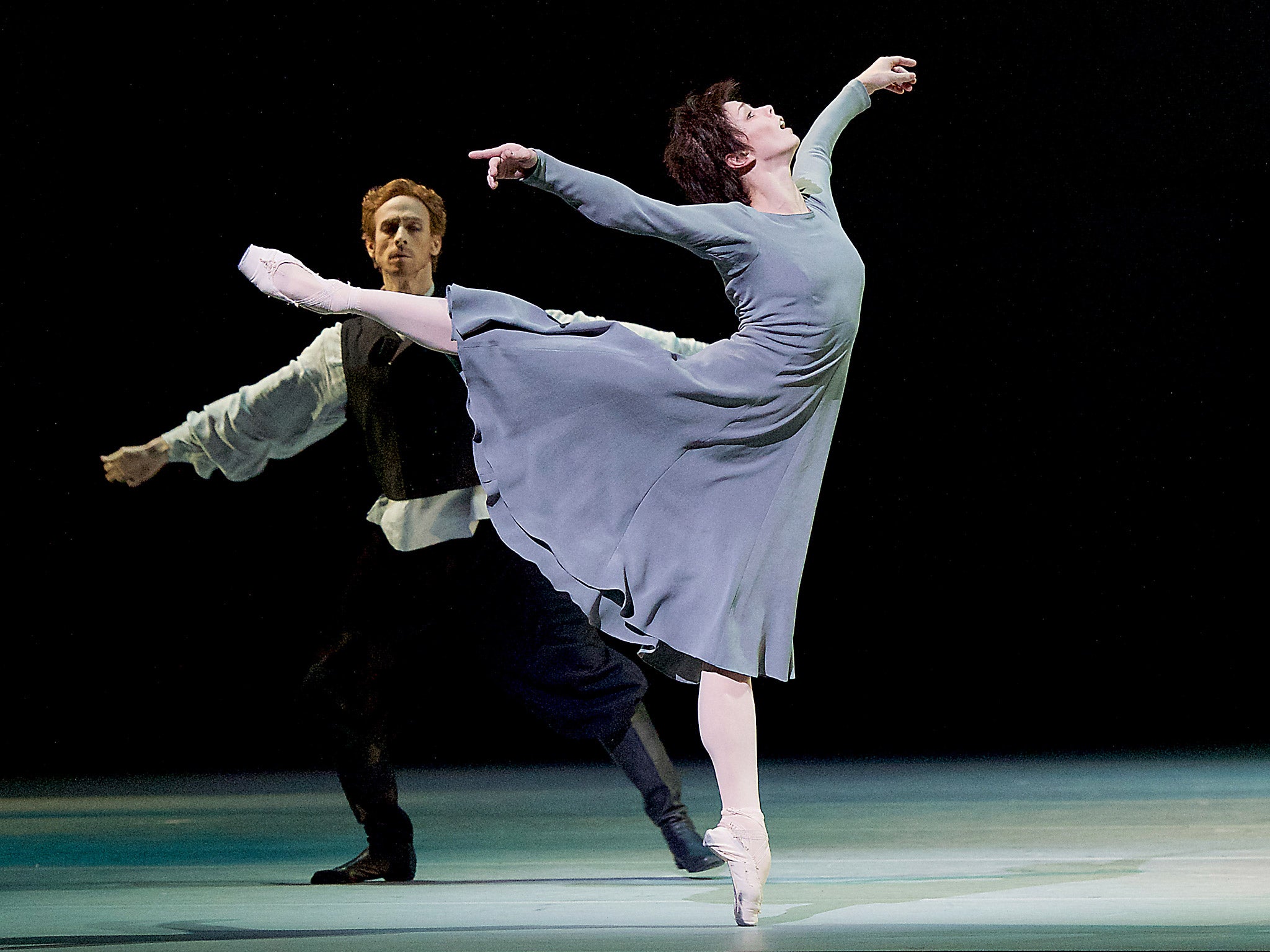Dancing may help make you more sensitive to other people's emotions, scientists claim
'All affective expression – be it facial or bodily – normally involves movement of our muscles ... emotion is also motion'

Your support helps us to tell the story
From reproductive rights to climate change to Big Tech, The Independent is on the ground when the story is developing. Whether it's investigating the financials of Elon Musk's pro-Trump PAC or producing our latest documentary, 'The A Word', which shines a light on the American women fighting for reproductive rights, we know how important it is to parse out the facts from the messaging.
At such a critical moment in US history, we need reporters on the ground. Your donation allows us to keep sending journalists to speak to both sides of the story.
The Independent is trusted by Americans across the entire political spectrum. And unlike many other quality news outlets, we choose not to lock Americans out of our reporting and analysis with paywalls. We believe quality journalism should be available to everyone, paid for by those who can afford it.
Your support makes all the difference.Dancing could make people more emotionally sensitive and increase empathy, scientists have claimed.
Researchers at City, University of London, and the University of the Balearic Islands tested the response of 19 ballet dancers and 24 people with “no dance experience” to videos of ballet dancers expressing a range of emotions through different movements, according to a statement about the research.
Perhaps unsurprisingly, they found the ballet dancers were better at recognising the emotions on display and also had a strongly physical reaction to them, which the scientists measured by using electrodes to detect sweat on the participants’ fingers.
The test subjects were also asked to rate their emotional response and say whether the movements made them happy or sad.
Dr Julia Christensen, of the Cognitive Neuroscience Research Unit and Autism Research Group at City, said: “The interesting thing about this study is that the dancers not only detected the emotions better, but their bodies would also respond more sensitively to the displayed emotional movements.
“In particular, we saw that dancers’ bodies differentiated between different emotions that were expressed in the clips, whereas the controls didn’t exhibit that difference.
“The evidence suggests that training in the physical expressions made the dancers more sensitive to them.
“As a result, this indicates an interesting possibility that the neurocognitive mechanisms that make people more sensitive can be trained. Our research also indicates that dance training might be a way to make you more aware of emotions.”
She said the research demonstrated a link between people’s feelings and the movement of their bodies.
“You could even hypothesize that dance makes you more empathetic because it seems that you learn to react automatically and more sensitively to other people’s expressions, but this still needs to be tested,” Dr Christensen said.
“This idea is intuitive when considering that all affective expression – be it facial or bodily – normally involves movement of our muscles. After all, emotion is also motion.”
The research was reported in the Journal of Experiment Psychology: Human Perception and Performance.
Join our commenting forum
Join thought-provoking conversations, follow other Independent readers and see their replies
Comments